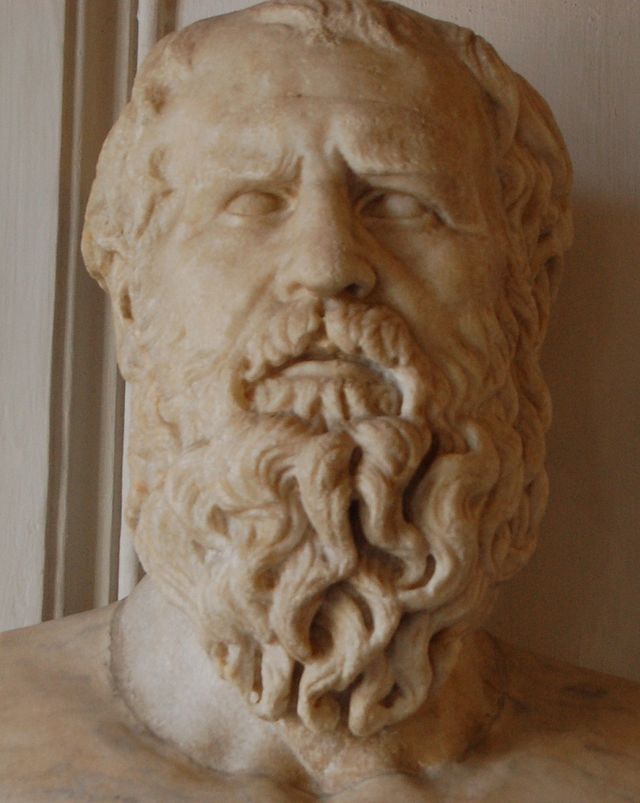Reference



Reference



OpenAI's Answer
Heraclitus' concept of the soul significantly differs from that of Homer’s in several key aspects.
Homer's Conception of the Soul
In Homer's works, the soul (ψυχή) is seen as a breath or a shade that leaves the body upon death. It exists in a shadowy version of life in the underworld, known as Hades, without the vibrance and activities it experienced while the individual was alive. The soul in Homer’s view does not retain a strong individual identity and exhibits little continuity beyond physical death. It emphasizes the separation between the physical body and the ephemeral soul (source: Stanford Encyclopedia of Philosophy).
Heraclitus' Concept of the Soul
Heraclitus, on the other hand, presented a more dynamic and philosophical notion of the soul. He is often attributed to thinking of the soul as a form of ever-living fire or igneous ether that embodies wisdom and intellect. Heraclitus believed the soul was deeply interconnected with the universe's continuous change and flux. He emphasized the unity of opposites, where the soul's fire represents both change and permanence. Additionally, the soul for Heraclitus was integral to an individual's identity and discernment and possessed the power to either progress or deteriorate based on its connection to wisdom or ignorance (source: The Mind of the Ancient Physical Philosophers).
Key Differences
-
Nature and Constituents:
- Homer: The soul is a breath or shade, fundamentally disconnected from the vibrant life once lived.
- Heraclitus: The soul is a form of fire or ether, representing a complex, self-sustaining element.
-
Function and Role:
- Homer: The soul has a passive existence in the afterlife with minimal activity.
- Heraclitus: The soul is active, embodying wisdom and change, influencing and being influenced by knowledge and ignorance.
-
Continuity and Identity:
- Homer: The individual’s identity becomes ephemeral, with souls in Hades lacking the personality and activities of their former selves.
- Heraclitus: The soul maintains the person’s identity across changes, constantly interacting with the cosmos.
These conceptual shifts illustrate a broader evolution in the understanding of the soul from a mythological to a more philosophical and introspective perspective (source: Retrospect Journal).
Here are some images related to Heraclitus and his philosophy:


For more detailed analysis, you can refer to articles on the Stanford Encyclopedia of Philosophy and other scholarly sources such as this PDF study.